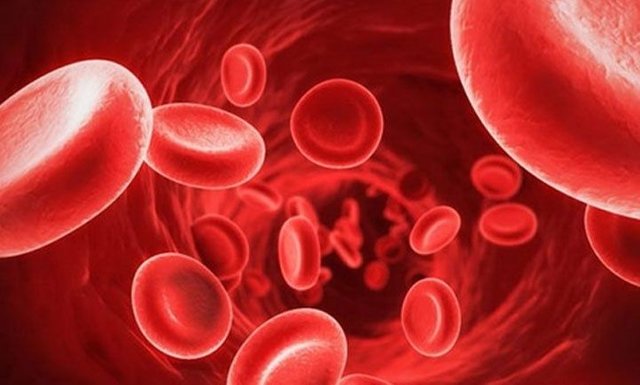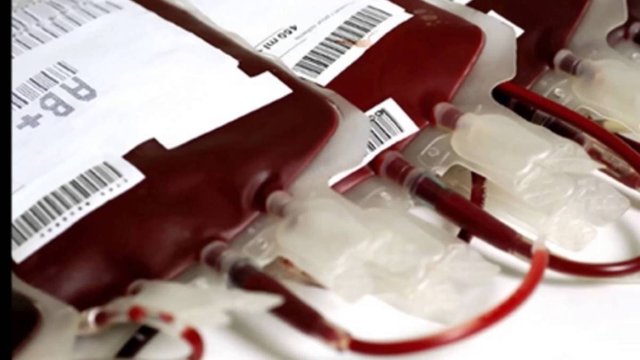
Fuente
The amount of blood that people have in their body varies greatly, depending on various factors such as the person's weight, height and sex. This is why the blood level can vary a lot between one person and another.
Although this amount can present a large variation, on a practical level it is said that the average measurement between people is between 4.5 and 6.5 liters of blood, this measure representing approximately between 7 and 8% of the total weight of the person.
In general terms, it is taken as average measures that the quantity of blood is presented in the following way:
-Babies have between 75 and 80 milliliters per kilogram of body weight.
-A child has between 70 and 75 ml of blood for each kg of weight.
-An average adult usually has between 9 and 12 pints (4.25 to 5.67 liters) of blood in his body.
-An average woman has approximately 9 pints (4.25 liters) of blood.
Even some scientists have tried to find a formula that facilitates the obtaining of this measure, agreeing that a calculation that allows to obtain a fairly approximate measurement because it is a proportion that does not usually vary, is the weight of the person in kilos, divided by 13 and thus the amount of liters of blood is obtained. For example, if a child weighs 26 kilos, this will have 2 liters of blood, an adult weighing 80 kilos will have 6.15 liters (80/13 = 6.15).
Another way to know the amount of blood in the body is by performing a volume test, which in addition to allowing to know this measure, is useful to diagnose possible diseases, such as anemia.

Now, knowing the normal amount of blood that a person possesses, it can be common to wonder how much of this blood the body can lose without affecting its normal functioning. In cases of blood donation, 1 pint (473 ml) is normally drawn, this is about 10% of the average adult blood level, which is a safe amount, although a person could tolerate a loss of blood up to 15% without suffering any serious symptoms.
Having a loss of 20% of the total blood volume, the person could go into shock, because not enough oxygen reaches the tissues of the body, causing damage to the brain, among other organs. Even when severe bleeding or hemorrhage occurs, the person can survive with only the 40% of the normal level, but in these cases requiring an immediate intervention to apply some treatment.
I hope you have learned something new today. If you liked or found it interesting, leave your upvote. Thank you
Congratulations! This post has been upvoted from the communal account, @minnowsupport, by danielvepa from the Minnow Support Project. It's a witness project run by aggroed, ausbitbank, teamsteem, theprophet0, someguy123, neoxian, followbtcnews, and netuoso. The goal is to help Steemit grow by supporting Minnows. Please find us at the Peace, Abundance, and Liberty Network (PALnet) Discord Channel. It's a completely public and open space to all members of the Steemit community who voluntarily choose to be there.
If you would like to delegate to the Minnow Support Project you can do so by clicking on the following links: 50SP, 100SP, 250SP, 500SP, 1000SP, 5000SP.
Be sure to leave at least 50SP undelegated on your account.
Downvoting a post can decrease pending rewards and make it less visible. Common reasons:
Submit